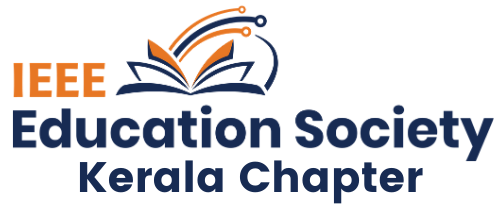
The ATL Marathon is an innovation challenge conducted every year by the Atal Innovation Mission (AIM), Government of India, and is open to all Indian students studying in grades 6-12. The goal behind the challenge is to help youngsters gain a better grasp of community issues that are of national and societal relevance and motivate them to engineer practical innovative solutions using their ATLs. Atal Tinkering Labs, or ATLs, are maker spaces that the Indian government has established in 10,000 schools around the country to foster an innovation and entrepreneurship culture. Our work with children since 2016 has provided evidence that integrative hands-on STEAM education programs held in ATL Makerspaces can increase children’s sense of agency and interest in maker projects, robotics, and computational thinking. Children gain 21st-century skills such as creativity, communication, cooperation, and critical thinking while working on projects in maker spaces. Hence we built our hands-on program around ATLs so that children have access to tools and materials for creating physical and digital prototypes.
Our 3.5 month-long training and mentorship program aimed to prepare student teams from schools that were in three different locales (urban, semi-urban and rural) to compete in this challenge. We encouraged children to form inter-school teams and inter-grade teams. We encouraged equal participation from girls and boys in this program. This was the second edition of our program for the year 2021-22.
The goals of our program were
ATL marathon 2021 celebrated the resilience, diversity, and achievements of India as we begin the 75th year of Independence. To commemorate this special year, ATL Marathon 2021 drew inspiration from developing a New India with the innovation and creativity of the young minds of our country. The Marathon was based on the ‘Strategy for New India @ 75’ document by NITI Aayog. This national strategy document for New India is a detailed exposition of forty-one crucial areas of national importance for achieving the objectives for a New India by 2022-23. ATL Marathon 2021 adopted four strategy areas or themes mentioned in the document – Healthcare & Nutrition, Education, Energy & Transport, and Social Inclusion.
AIM Mentors of Change, IEEE Volunteers, and researchers from Amrita Vishwa Vidyapeetham, Amritapuri campus trained children in skills such as app development, robotics, physical computing, and IoT over a period of 3.5 months and mentored them to create their own innovation prototypes. Volunteers taught children to research problem statements, ideate solutions for their chosen problem statement, identify the best possible solution, and create working prototypes. Children worked with MIT Media Lab’s Scratch Programming language, MIT App Inventor, Google’s Teachable Machine, Lego Mindstorm kits, BBC Micro: bit kit, and a variety of maker tools to build innovative prototypes for their ideas.
Program highlights:

Innovate a system that could improve rider/driver (motorcycles, cars, trucks, and/or any other vehicle)/citizen (people and animals on the road) safety and prevent road accidents
Innovate solutions that reduce the carbon footprint as well as adopt climate-resilient and low-carbon strategies to enable the transition to a truly sustainable India
Innovate solutions specifically solving problems faced by patients suffering from the most common diseases in India. You can choose a disease from this list or pick another disease to create a solution – Diabetes, Anaemia, Tuberculosis, Malaria, Typhoid, or others
Innovate to build solutions to find novel ways to address health and nutrition challenges such as malnutrition, obesity etc
Innovate to create a sustainable model for financial inclusion which will help India get closer to the goal of no poverty by providing accessible and affordable financial services to all.
Innovate to create solutions to build inclusivity in the society in terms of languages and cultures so that localised access can be made possible for information related to education, financial literacy and government policies/schemes
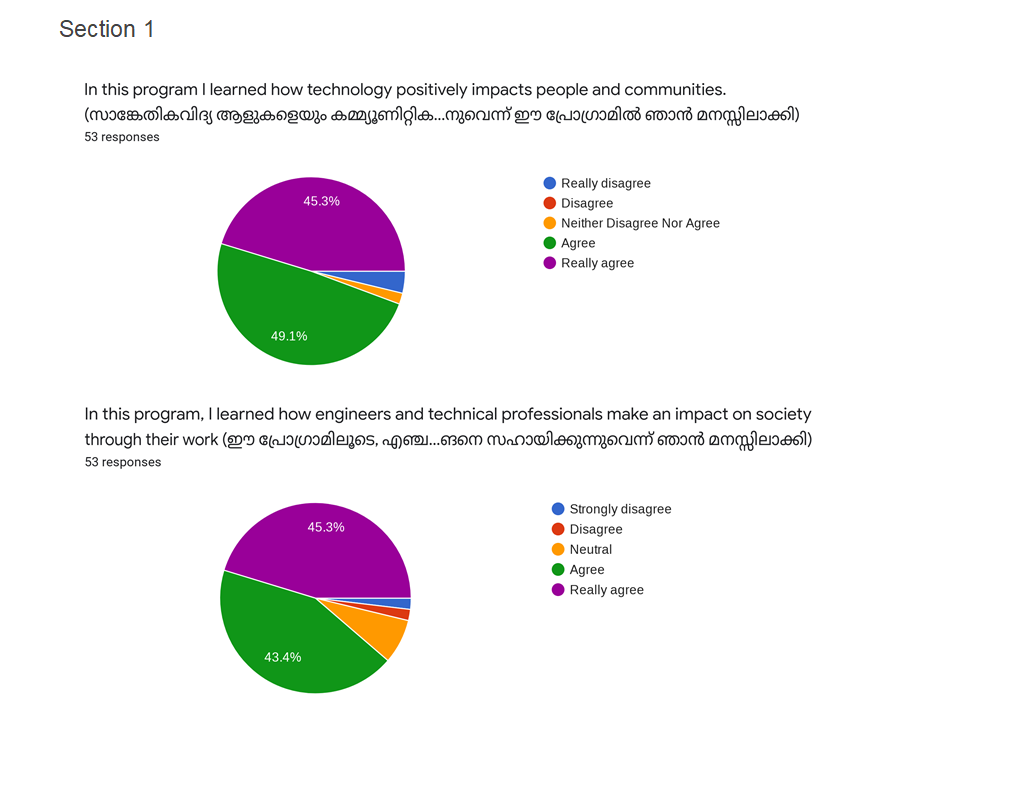

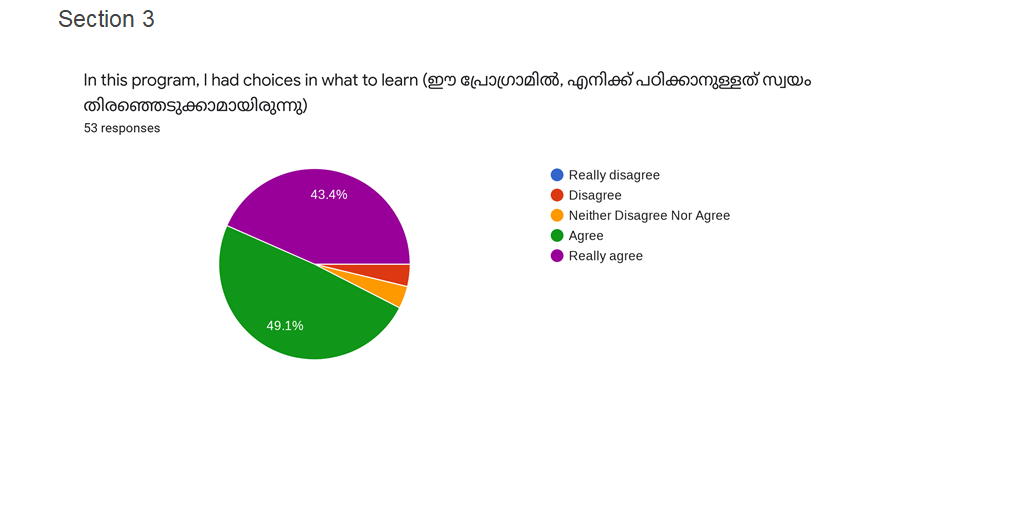
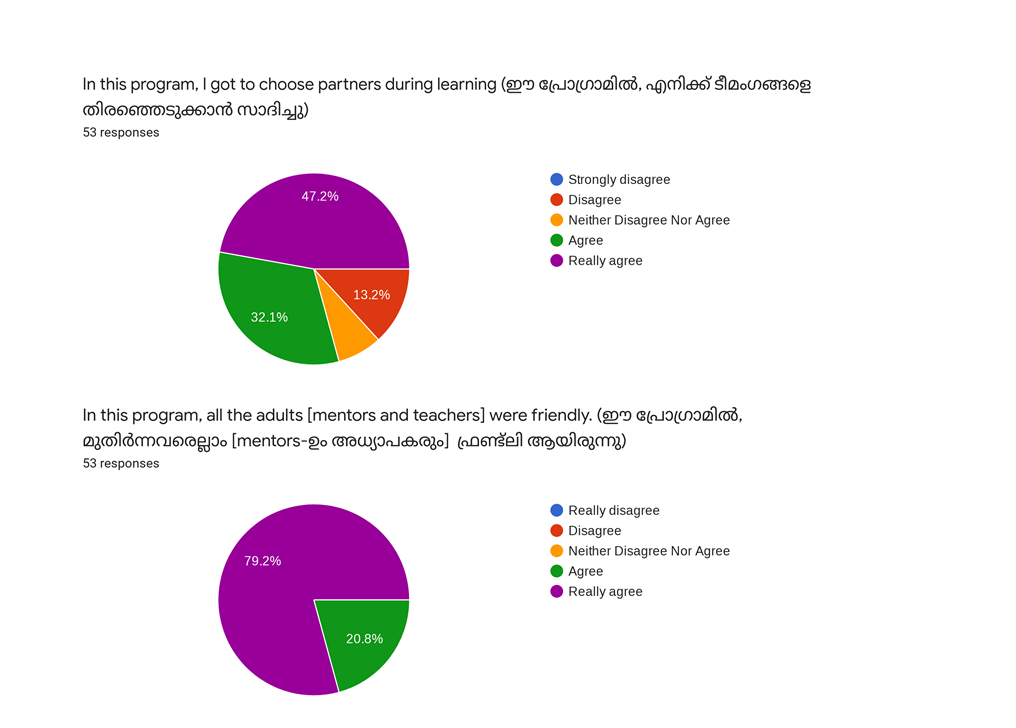

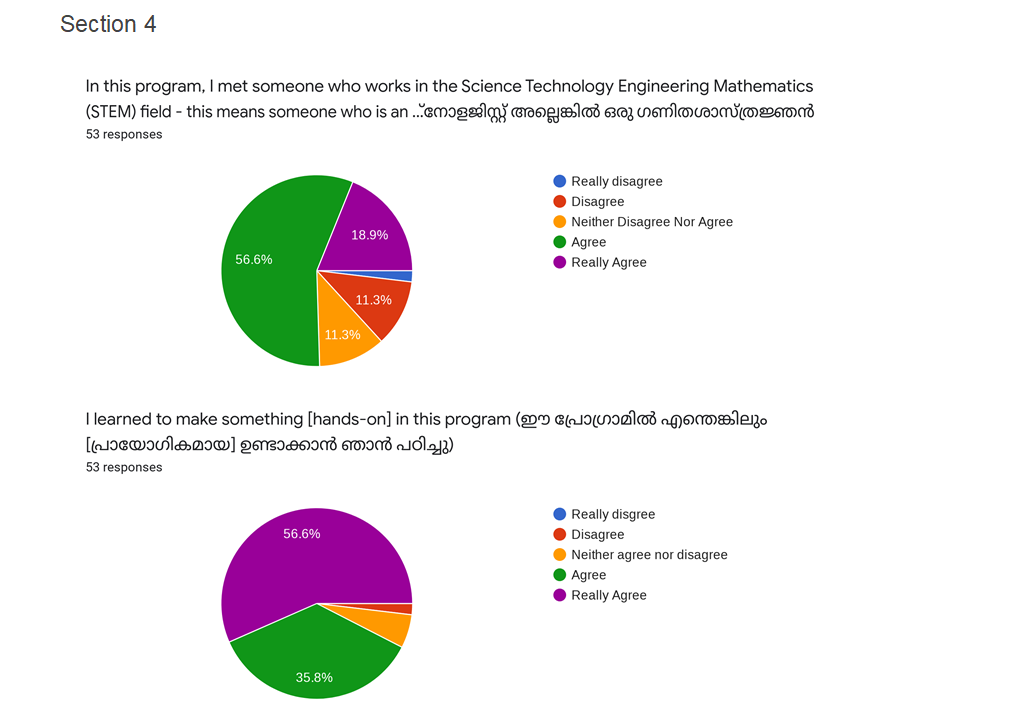
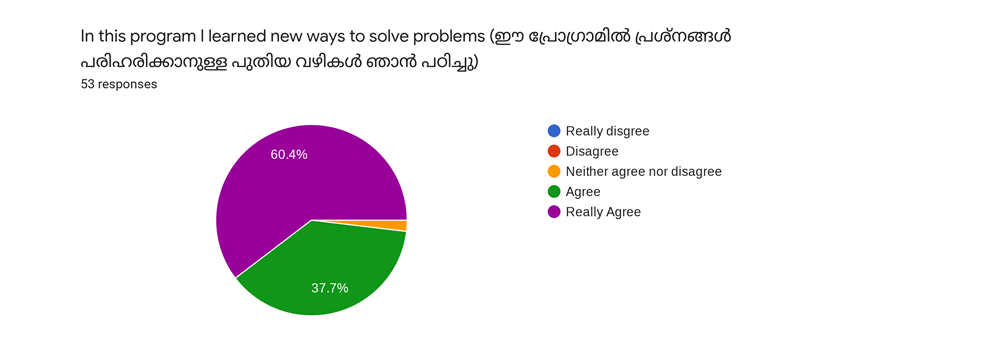
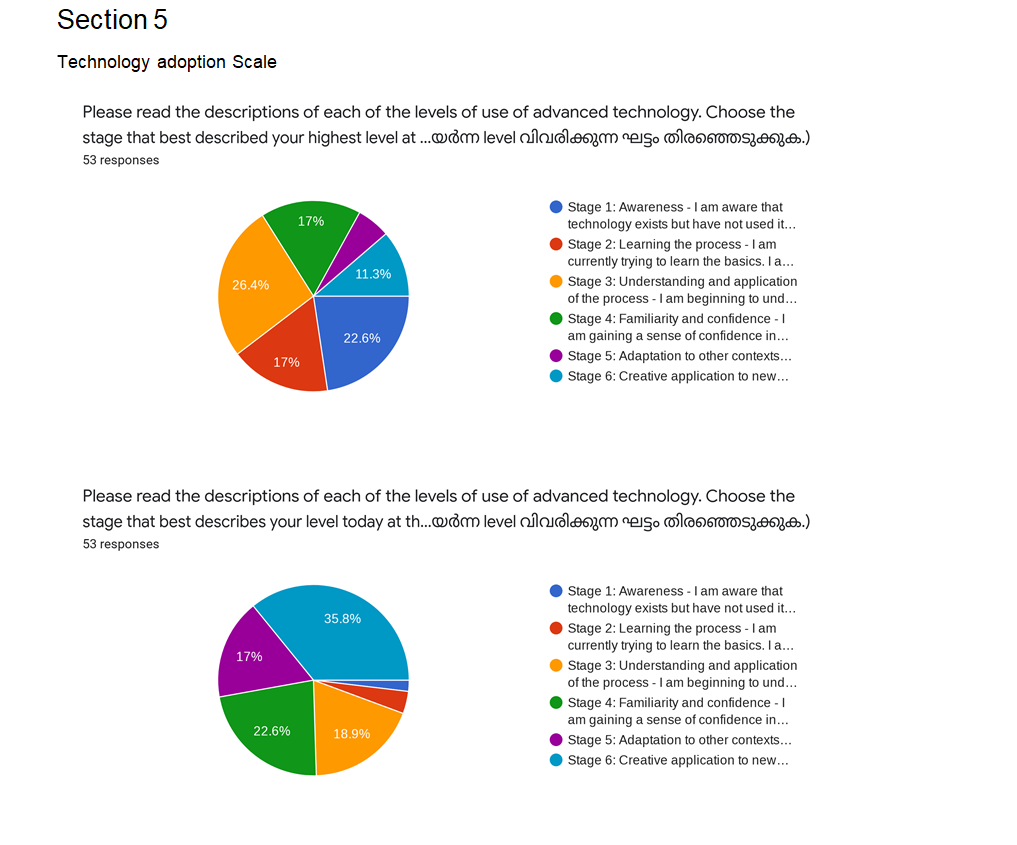
From the pie charts, we can see that 75% of the children reported that they were in Stages 1, 2, and 3 at the beginning of the workshop but at the end of the workshop, they moved to Stages 4, 5, and 6. Thus there was an increase in technology adoption as perceived by the children.
Statistical analysis of the results above showed that
These results have been submitted for a research article in Frontiers in Education 2022.
Link to IEEE conference paper based on this event – https://ieeexplore.ieee.org/document/9962420
Social Innovation Project videos submitted by student teams – https://www.secondfoundationinitiative.org/atl-marathon/2021/project-videos
Page in IEEE TryEngineering STEM Portal about the event – https://stemportal-tryengineering.ieee.org/programs/detail/2c2d1675-aa46-4338-8eeb-0b9a7dc72e96

IEEE and its members inspire a global community through highly-cited publications, conferences, technology standards, and professional and educational activities.
Copyright © 2024 IEEE Education Society Kerala Chapter